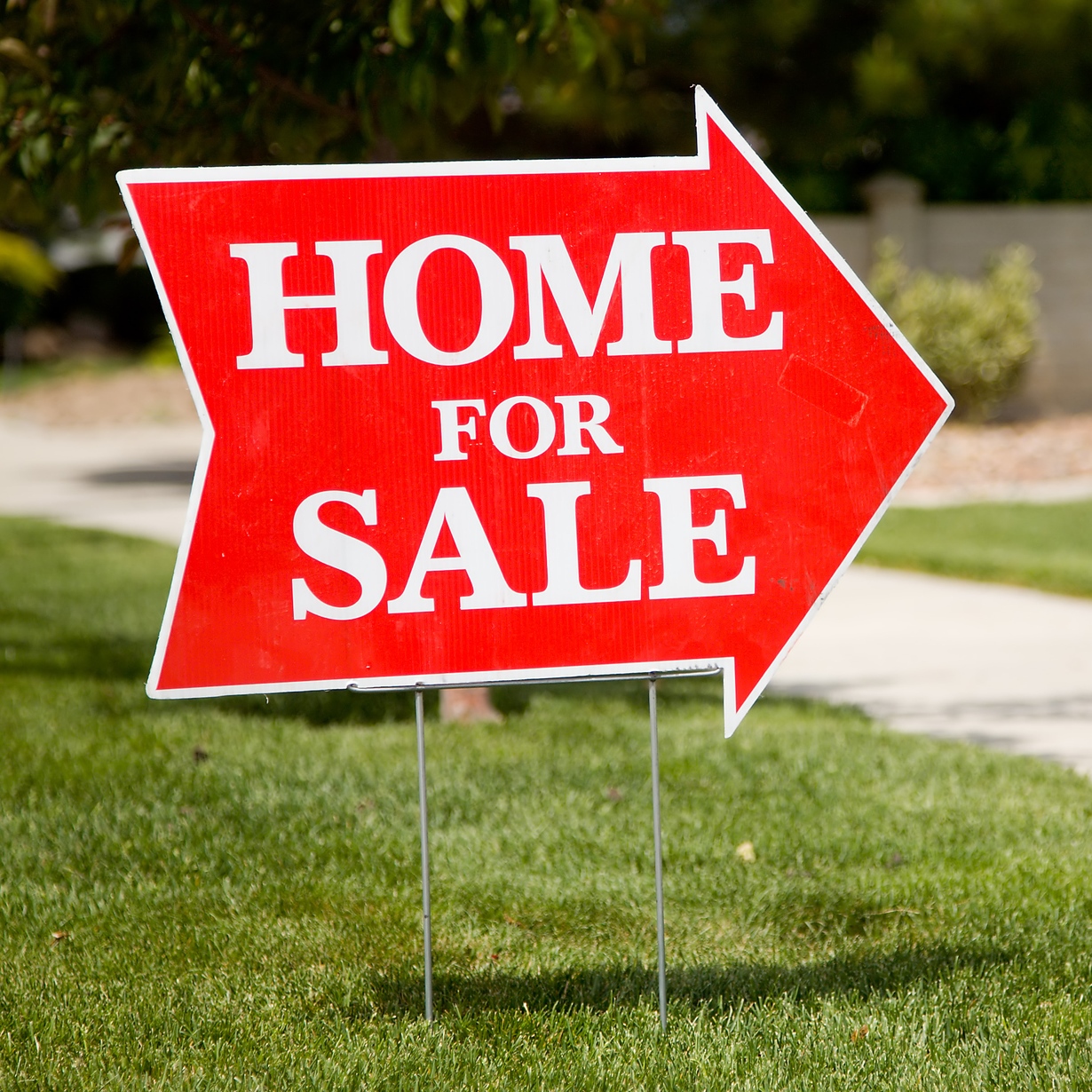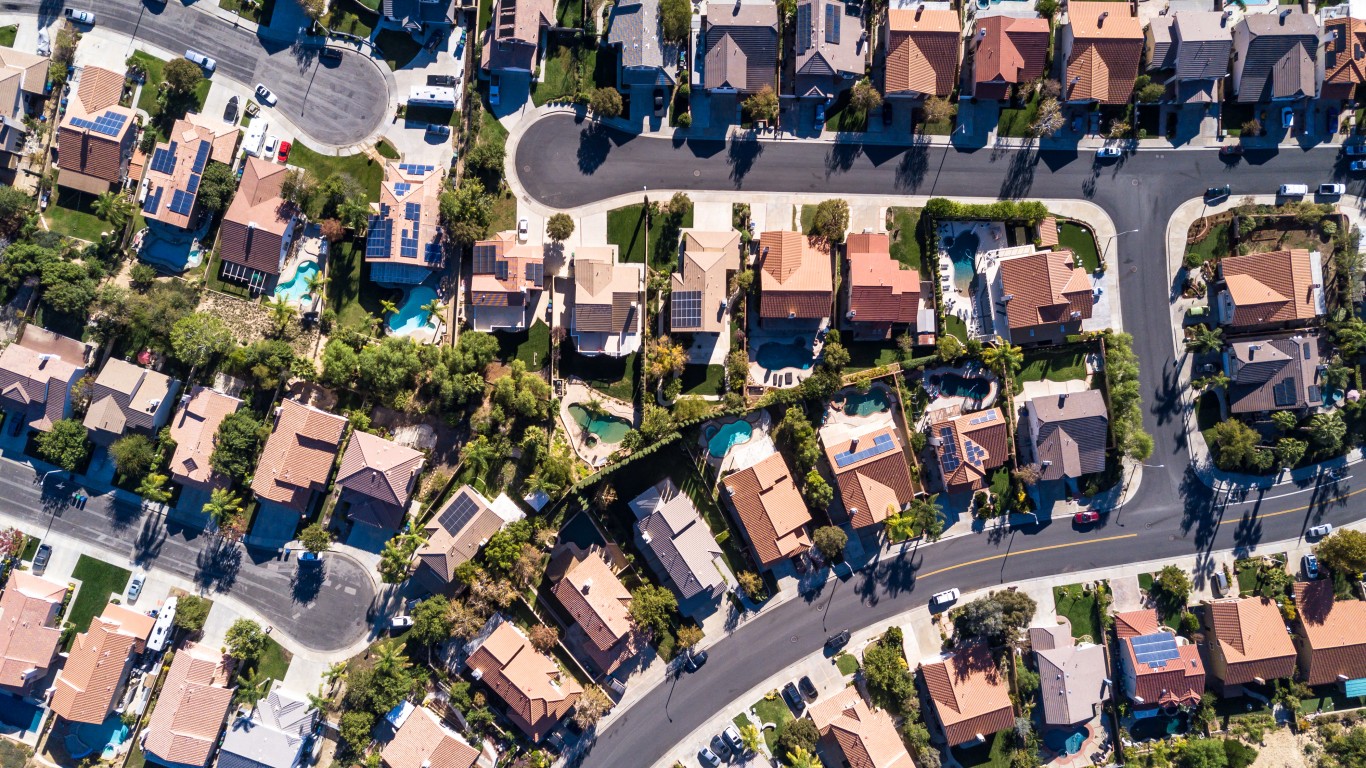
In addition to the real estate mantra of “location, location, location,” there are a host of other factors that obviously affect a home’s price. Total square feet, number of bedrooms, number of bathrooms, lot size and other measurable items all figure into a calculation of the value of a home.
No surprises there. What may be surprising are factors that home sellers (and buyers) may not even know go into the calculus. Some benefit sellers, others benefit buyers.
Here’s a list of eight quirky factors that could affect the price of your home. The list was drawn up by Laura Agadoni for Trulia.
- The Street Name
A name is preferred over a numbered (or lettered) street. “Boulevard” typically commands a higher price than “Street” as well.- The House Number
Trulia has investigated what might be calle a house numerology scale based on research into a variety of factors related to street numbers, asking price, and, of course, superstition. For example, only 25% of homes listed for $1 million or more have a “9” as the last non-zero digit.- Your Neighbors
Just as noisy, inconsiderate neighbors can weigh down the price of your house, so can fastidious neighbors enhance your home’s value.- Mature Trees
Mature trees almost always improve a property’s value. The proof can even be calculated.- Crown Moldings
You only need to watch an episode or two of a real-estate sales TV program to find out that everyone loves crown moldings.- Sports Fan Gear
It’s okay to be a Yankees fan if you live in New York, but if you’ve decorated the family room with Yankees paraphernalia, don’t expect someone from Boston to buy your house.- Starbucks, Trader Joe’s, Whole Foods
Any of these within a mile of your house can boost the value by a double-digit percentage. Trulia cites a real-estate agent: “Homes near Trader Joe’s have increased in value by an average of 40% since purchased.”- A Death on the Property
Some states require that you disclose the fact that someone has died in the house. Even if your state does not require that sort of disclosure, we’ve noted before that disclosing everything you know about the house is by far better than concealing it. Ghosts count here.
Thank you for reading! Have some feedback for us?
Contact the 24/7 Wall St. editorial team.


